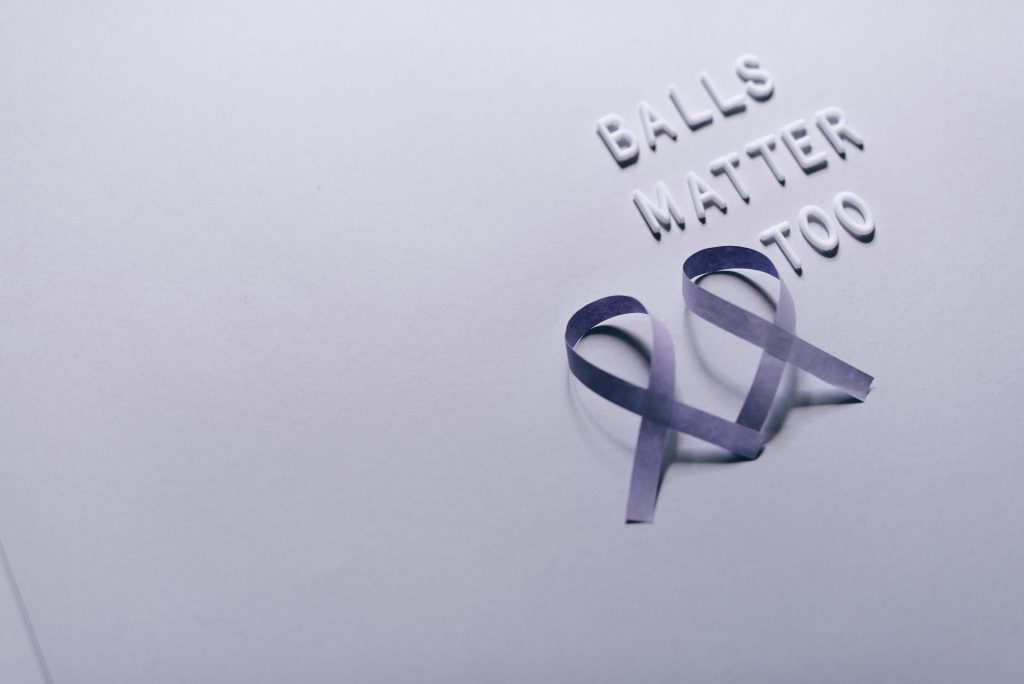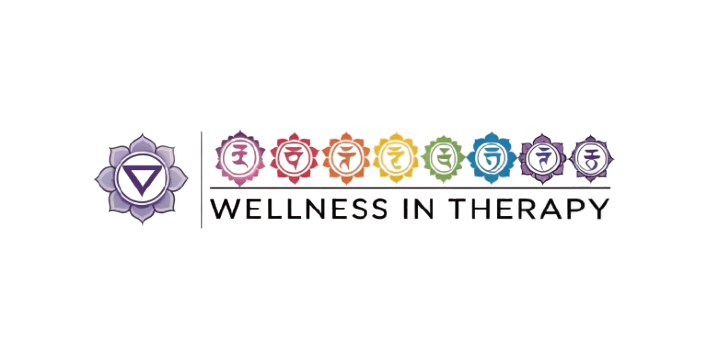
Reclaiming Masculinity After Cancer
By Naazi Morad
When we talk about men’s health, the conversation often stops at cholesterol levels and gym routines. But there’s a deeper, quieter crisis playing out behind closed doors where testicular, penile, or prostate cancer doesn’t just attack the body, it chips away at a man’s identity.
Many men suffer in silence, carrying the weight of their diagnosis like a shameful secret. Cancer in intimate places can feel like an attack on masculinity itself; leading to feelings of inferiority, avoidance of support, and a grief that rarely gets named.
💡 Masculinity and the Myth of Invulnerability
From childhood, most boys are taught to “man up.” Crying is discouraged. Sensitivity is questioned. Vulnerability is taboo. By the time a man is facing a diagnosis like penile cancer, he’s been deeply conditioned to see pain as weakness and therapy as defeat.
In psychological terms, this is toxic masculinity internalized, a belief system that says real men don’t struggle, and if they do, they certainly don’t talk about it. This leads to emotional suppression, hyper-independence, and often, maladaptive coping mechanisms like denial, isolation, or risk-taking.
But vulnerability isn’t the enemy. It’s the gateway to wholeness.
🧠 The Loop of Overthinking: “Am I Less of a Man?”
Men facing genital-related cancers often spiral into cognitive distortions, unhelpful thinking patterns such as:
- Catastrophizing: “If I lose part of my body, I lose all of my identity.”
- All-or-Nothing Thinking: “I’m either fully functioning or I’m worthless.”
- Personalization: “This happened to me because I’m weak or defective.”
These thoughts are not truths. They are neurological responses to trauma, shame, and fear. Therapy can help untangle them, but many men resist, equating help with humiliation. What they need isn’t a lecture it’s permission to be human.
🛠️ Therapy Is Not a Threat, It’s a Tool
Seeking therapy doesn’t make you weak. It makes you wise. It allows for the integration of grief, the normalization of fear, and the reconstruction of self-worth. You don’t have to unpack your trauma with a stranger in a room full of tissues on day one. But you can start with acknowledgment. With curiosity. With asking, What if healing is possible without losing who I am?
❤️ You’re Not Alone. You’re Still Whole.
Being a man isn’t about an organ. It’s about courage, character, and how you love yourself and others in moments of doubt. You are not your diagnosis. And you don’t have to go it alone.
“You Are Not Powerless—Your Mind Is Still Your Ally”

A diagnosis like prostate cancer can feel like the world tilting under your feet. The grief is real. The fear is valid. But depression doesn’t have to be your only companion on this journey. Your body may be under siege, but your mind can still be a place of strength, curiosity, and healing.
Mental health counseling isn’t just about “talking feelings” – it’s about learning how your thoughts affect your biology. When you begin to understand the psychological patterns behind stress, shame, or fear, you don’t just feel better—you start living better.
🧠 In therapy, you learn tools to:
Interrupt negative cycles of overthinking and self-blame
- Reframe the narrative from “I’m broken” to “I’m rebuilding” – Regulate your stress response, which directly impacts immunity and hormonal balance
It’s not magic, it’s neurobiology. Like the placebo effect, the brain’s belief in recovery can activate healing mechanisms. Your mindset becomes medicine.
💪 You might not control every cell in your body, but you do control how you respond to them. That shift from helplessness to empowerment is what makes healing possible.
Don’t sit in silence with a wounded body and a tormented mind. Seek support, not because you’re weak, but because you want to live fully. With clarity. With peace. With strength that doesn’t need to roar to be real.
